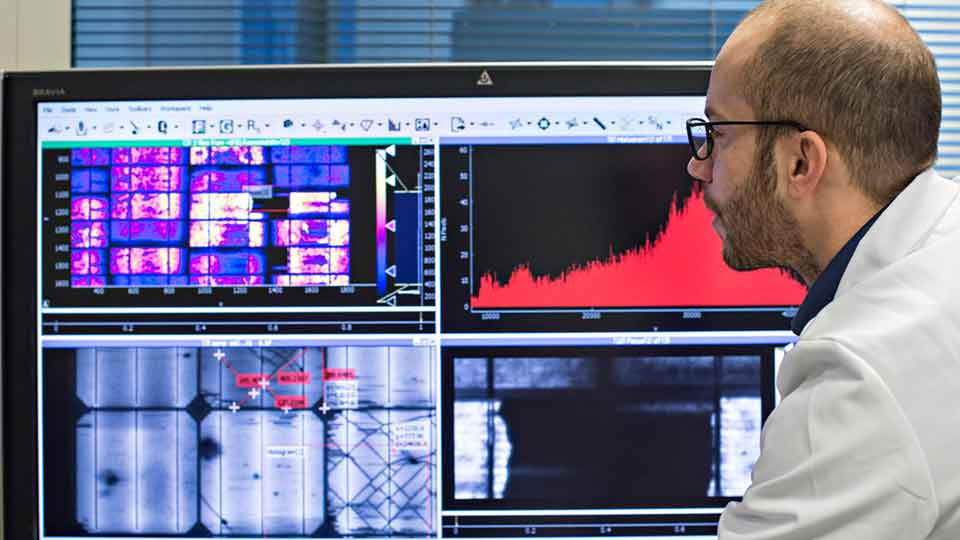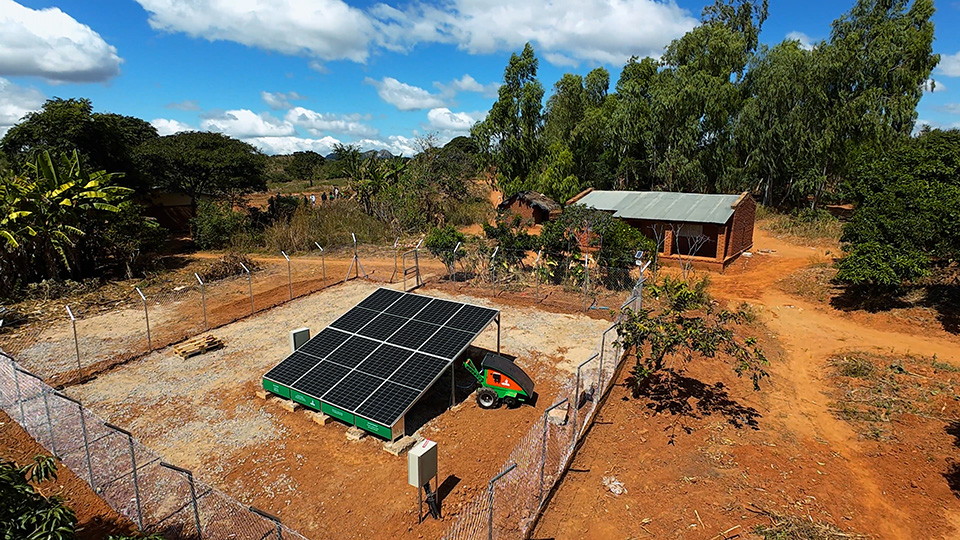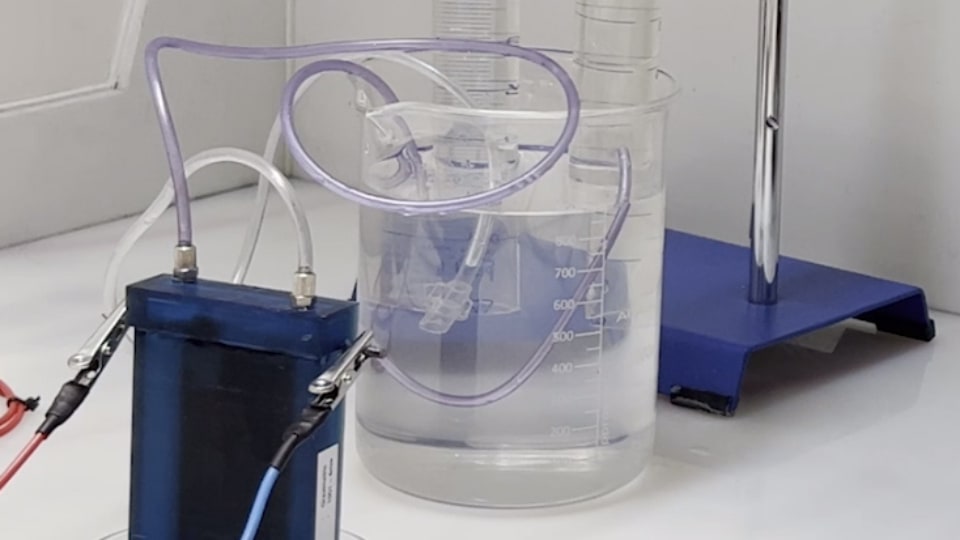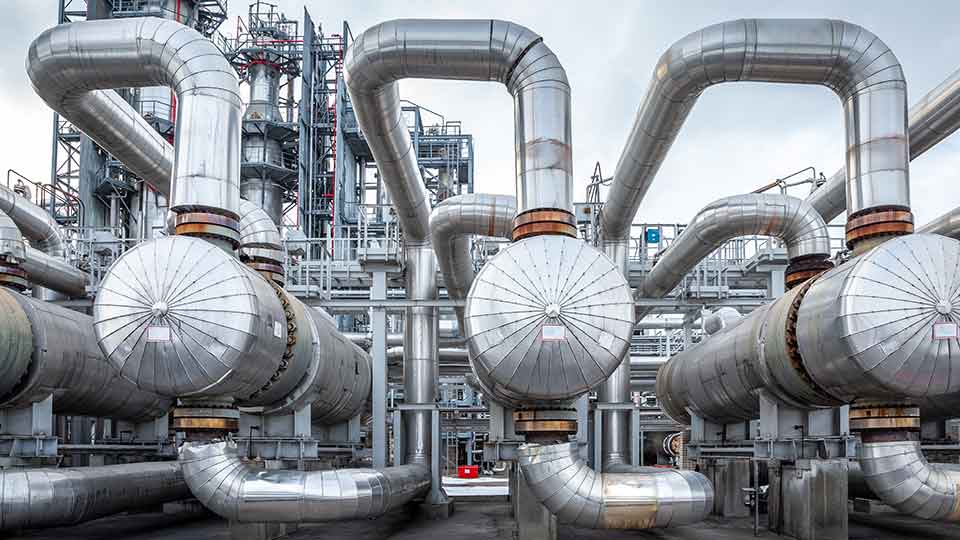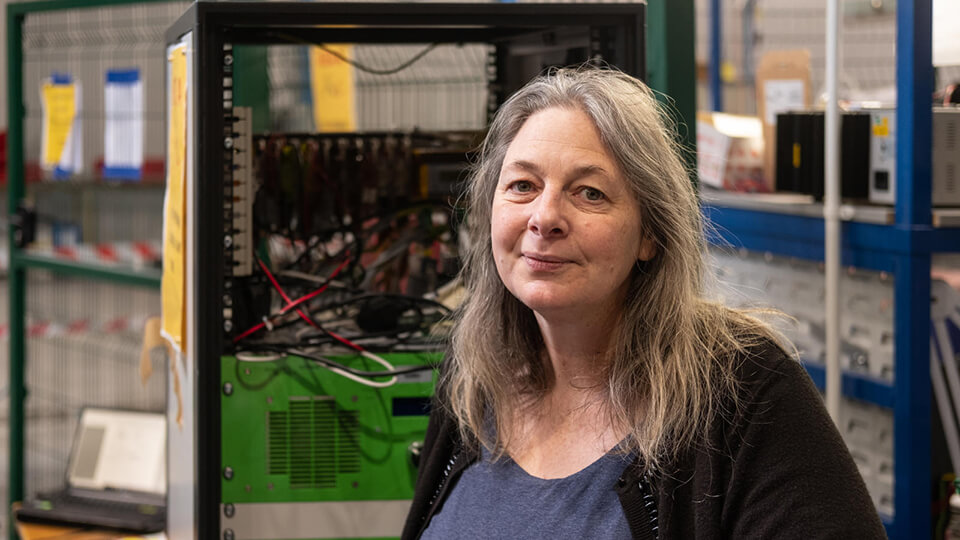Curbing global warming resulting from man-made greenhouse gas emissions will be the defining action of our times. Progress is currently too slow with global yearly emissions rising and the risk of passing tipping points increasing.
The UN stated that global emissions must be halved this decade, including through “far more ambitious action” in shifting from fossil fuels to renewable energy, especially in the G20 group of industrialised nations.

We need disruption to end the destruction. 2023 is a year of reckoning. It must be a year of game-changing climate action. Act decisively before it's too late.
The UK was the first nation to set a legally binding target of achieving net zero, and the Government’s pathway is set out in the 10-point plan for a Green Industrial Revolution. It maintains that, if we are to avoid disaster, our transport, buildings and industries – and the materials they use – must be zero-carbon by 2050.
Our aims
The key aim of the net zero challenge is to develop technologies and know-how that enables the transition from fossil fuels in a timely way to mitigate man-made climate change while maintaining or improving energy reliability, affordability, and sustainability.
Our areas of expertise
Next generation photovoltaics
Optimising photovoltaic (PV) materials and devices to improve solar-to-electrical conversion efficiency and reduce costs.
Engineering hydrogen net-zero
Developing low-cost green hydrogen production to provide an alternative energy vector to replace fossil fuels.
Decarbonisation of heating and cooling
Enabling the transition from using fossil fuels for heating and cooling to zero carbon renewable-based alternatives.
Fundamental research
In the area of PV, we undertake fundamental work developing new anti-reflection and anti-soiling thin film coatings to reduce optical losses and cleaning requirements, which improves performance.
Our research in zero-carbon heating and cooling has led to the development of innovative thermal energy storage systems. Such systems will allow low-tariff electricity to be used with domestic heat pumps, the demand for grid strengthening to be delayed and the requirements to shed renewable generated electricity reduced.
We are developing new battolysers using readily available low-cost materials, which will prevent the shedding of electricity generated from renewables when surplus to demand.
Centre for Renewable Energy Systems Technology
Much of the research to address the net zero priority in the School of Mechanical, Electrical and Manufacturing Engineering is based in the Centre for Renewable Energy Systems Technology (CREST). Founded in 1993, CREST has established a track record for undertaking excellent, internationally recognised research in renewable energy systems and decarbonisation.

Significant investment
Over the last 30 years, CREST’s laboratories have received significant investment enabling the centre to create excellent laboratories for developing and characterising new materials and systems in areas including PV, energy-efficient building envelope components and systems, and thermal energy storage materials and systems.
Key projects
EnerHy Doctoral Training
Accelerating the affordability, scalability and sustainability of green hydrogen. The EnerHy Centre for Doctoral Training will play a central role in developing the skilled workforce needed for a hydrogen economy. Discover more about the fully-fund PhD opportunities available.
